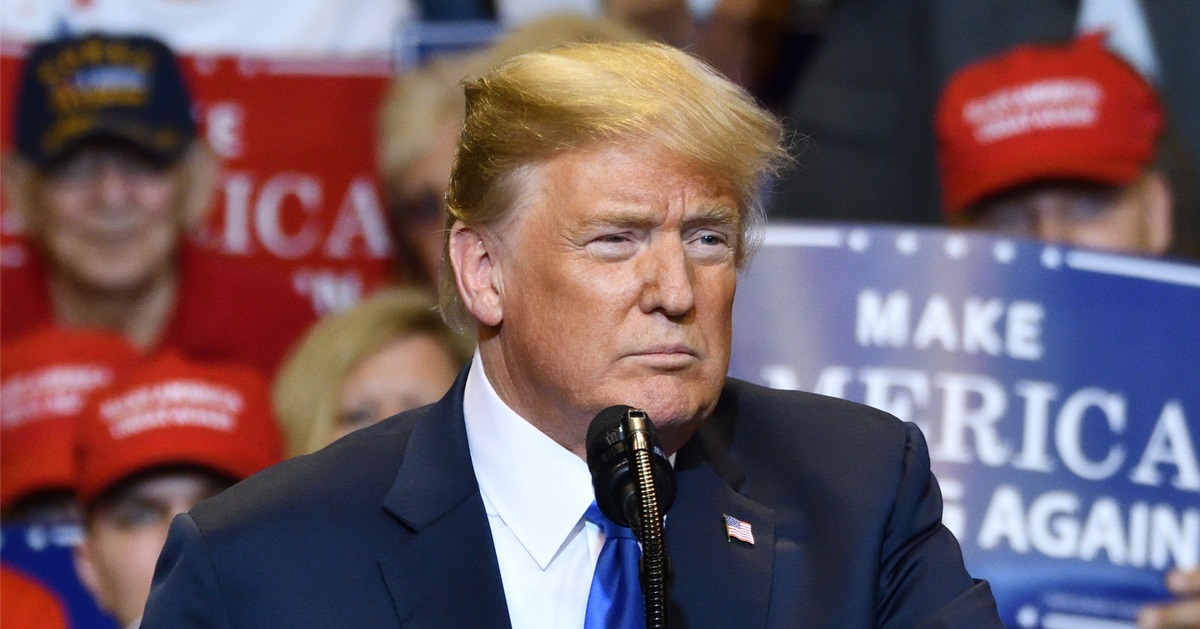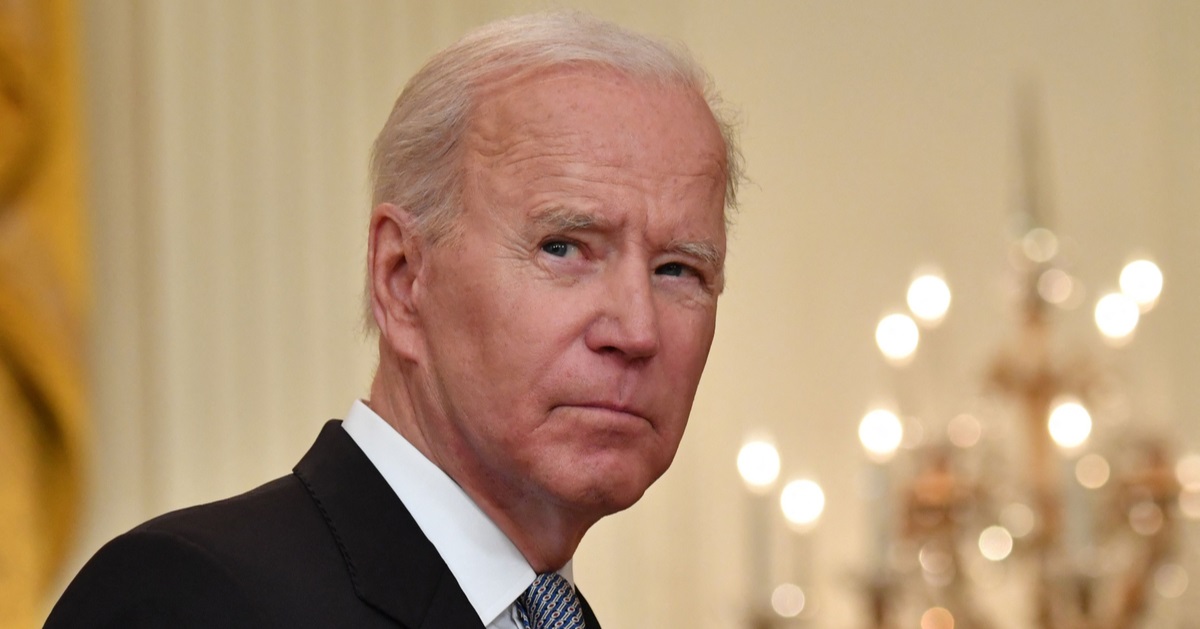AG Bondi lifts restrictions imposed by former AG Garland on subpoenas for journalists in leak investigations
During the prior Biden-Harris administration, journalists were granted special protections from routine investigative procedures by former Attorney General Merrick Garland, including significantly limiting subpoenas to compel the production of records or testimony that might reveal their sources.
On Friday, current Attorney General Pam Bondi revealed a major Justice Department policy change that, with some caveats, will now allow for subpoenas to be issued against members of the media, Axios reported.
That change comes amid ramped-up efforts to root out and criminally prosecute suspected leakers within the federal government, in part by investigating the reporters with whom those leakers share classified or non-public information.
Huge DOJ policy change
"Safeguarding classified, privileged, and other sensitive information is essential to effective governance and law enforcement," AG Bondi wrote in an internal DOJ memo obtained by Axios. "Federal government employees intentionally leaking sensitive information to the media undermines the ability of the Department of Justice to uphold the rule of law, protect civil rights, and keep America safe."
"Therefore, I have concluded that it is necessary to rescind Merrick Garland’s policies precluding the Department of Justice from seeking records and compelling testimony from members of the news media in order to identify and punish the source of improper leaks," she continued.
Bondi acknowledged the "vital" role played by the "free and independent press" -- even as she called out the "lack of independence of certain members of the legacy news media" -- and offered assurances that certain "procedural protections to limit the use of compulsory legal process" against journalists would continue to be employed.
Those procedural protections include advance notice and high-level approval before the issuance of "narrowly drawn" subpoenas or limited in scope search warrants, with those procedures only being allowed in certain circumstances, and with a requirement that the attorney general personally authorize the questioning or arrest of a news media member.
Leak investigations must include journalists
The reason for this policy change, as AG Bondi explained in the memo, is the continuation of damaging leaks by federal officials to the media of classified or sensitive information, particularly those that threaten or undermine "foreign policy, national security, and Government effectiveness."
"This Justice Department will not tolerate unauthorized disclosures that undermine President Trump's policies, victimize government agencies, and cause harm to the American people," Bondi asserted.
"Accordingly, under the revised regulations implemented today, the news media 'must answer subpoenas' when authorized at the appropriate level within the Department of Justice," the AG continued. "Specifically, the policy contemplates the use of subpoenas, court orders, and search warrants to compel production of information and testimony by and relating to members of the news media, subject to the Privacy Protection Act ... and the approval of the Department's leadership in some instances."
"Members of the news media are presumptively entitled to advance notice of such investigative activities, subpoenas are to be narrowly drawn, and warrants must include protocols designed to limit the scope of intrusion into potentially protected materials or newsgathering activities," she added.
Garland sought to protect journalists from leak investigations
According to the Associated Press, former AG Garland instituted the prior policy that provided extra protections for journalists after his DOJ revealed that the first-term Trump DOJ had secretly obtained the phone records of media outlets like CNN, The New York Times, and The Washington Post.
That was done in pursuit of justice and truth following a series of damaging leaks, and was a continuation of the preexisting policies under prior administrations of both parties, including that of former President Barack Obama, whose DOJ spied on and subpoenaed records from the AP and other journalists.
The current Trump administration is once again battling leaks to the media, and AG Bondi has now lifted the constraints on such investigations, at least as it pertains to the media's participation, that were imposed by the prior Biden-Harris DOJ under Garland.




